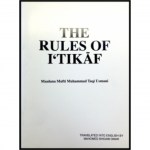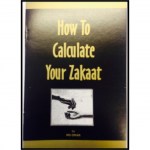Sale of an Apartment, OFF Plan , Prior to Possession
1. A person buys an apartment from a developer, off-plan, for an agreed price, and agreed specifications, which apartment is still to be constructed, at a future date, or is still in the course of construction. ( “ the agreement “).
2. The original buyer pays to the developer a deposit or specified installments , in accordance with the agreement, prior to the completion and delivery of the promised apartment.
3. The original buyer thereafter purports to sell ( or transfer ) the rights and obligations in the agreement to a third party for a higher price, prior to the completion and delivery of the promised apartment.
4. The question arises whether the sale by the original buyer ( to a third party), and the resultant profit is permissible according to the Shari’ah.
5. The answer is: No.
6. The reason is that the contractual floor plan arrangement falls within the scope of the special manufacturing contract of Istisna.عقد الاستصناع
7. As such, the original buyer is prohibited from selling the promised apartment to a third party, until he or she has taken delivery and possession thereof, as a completed constructed apartment, in accordance with the agreed specifications.
8. Stated differently, the original buyer only assumes the Shari risk (ضمان) and ownership, once he or she receives delivery and possession of the completed apartment. الخراج بالضمان
9. Any purported sale by the original buyer to a third party of the promised apartment prior to completion and possession thereof, is accordingly invalid and void.
10. It is established in Shariah that a person is prohibited from selling what he or she does not own .هذا من باب بيع لما لا يملكه الانسان
11. The aforesaid conclusion is the fatwa of the distinguished contemporary jurist Mufti Taqi Usmani.
لا يجوز بيع المصنوع قبل قبضه من الصانع حقيقة او حكما الى الطرف الثالث : و بناء على ذالك لا يجوز ان تباع الشقة التى اشتريت على المخططات قبل ان يتسلمها المشترى الاول.
And Allah Knows Best
M S Omar
13 August 2022



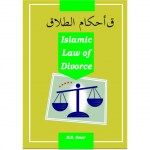
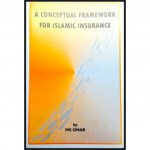
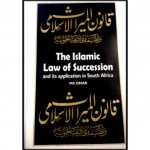
 SUPPORT
SUPPORT